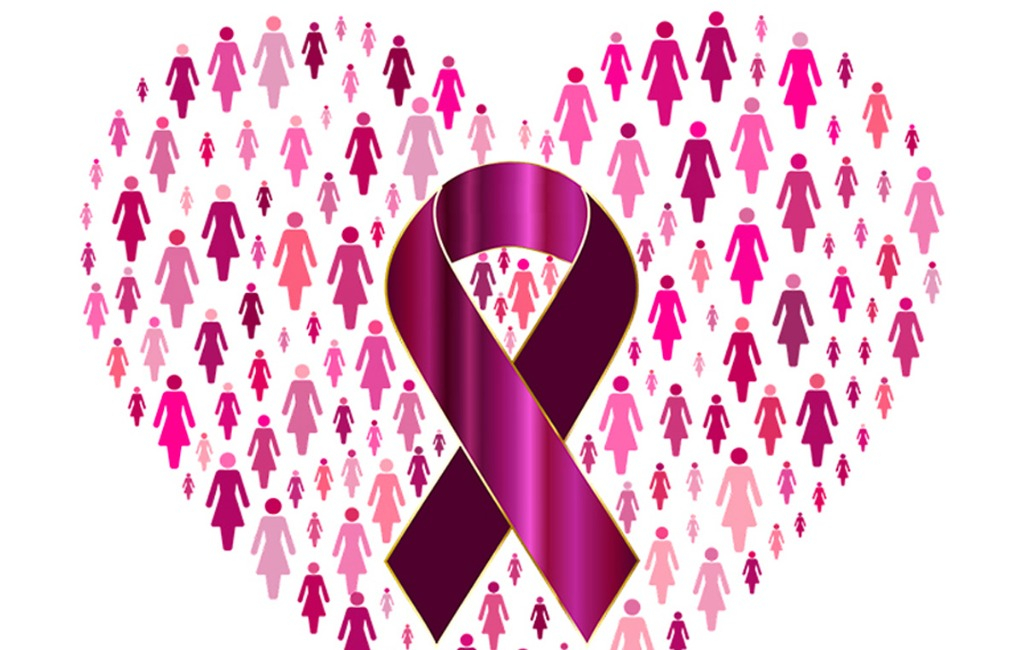Breast Cancer Screening Age To Be 40
By Hira Waheed
11 May 2023
The US Preventive Services Task Force (USPSTF) has recently proposed an update to its breast cancer screening recommendation, stating that women at average risk should begin screening at the age of 40. The new draft recommendation aims to reduce the risk of breast cancer-related deaths and represents a shift from the previous 2016 recommendation, which suggested biennial mammograms starting at age 50, with screening decisions in the 40s being individualized. In this blog post, we explore the details of the proposed update, its potential impact, and the importance of breast cancer screening for women.

Read More On: 5 Annual Lab Tests You Must Never Skip
Early Screening for Average-Risk Women
The USPSTF recommends initiating breast cancer screening with mammography at age 40 for women at average risk. Under the draft recommendation, screening would occur every two years until the age of 74.

The task force's vice chair, Dr. Wanda Nicholson, emphasizes that this revised guideline, if finalized, will have a substantial impact on saving lives, particularly among Black women, who face a 40% higher risk of breast cancer mortality.
Inclusion of All Women at Average Risk
The draft recommendation encompasses all individuals assigned female at birth, including cisgender women, trans men, and nonbinary individuals who have an average risk of breast cancer. Women with dense breasts and a family history of cancer generally fall into this category, but those with a personal history of breast cancer or a family history of genetic mutations (such as BRCA gene mutations) are considered to be at high risk and should follow the screening practices recommended by their doctors.


Implications and Potential Impact
Breast cancer is the second most common cancer among women in the United States, with the highest death rates observed in Black women. The new draft recommendation aims to enhance early detection and reduce mortality rates across all women, prioritizing the most vulnerable populations. Aligning more closely with the American Cancer Society's recommendations, the revised guideline encourages earlier screening and underscores the importance of individualized discussions between women and their healthcare providers.
Regenerate response
Free Research Preview. ChatGPT may produc
You Might Also Want To Read This
Popular Posts







